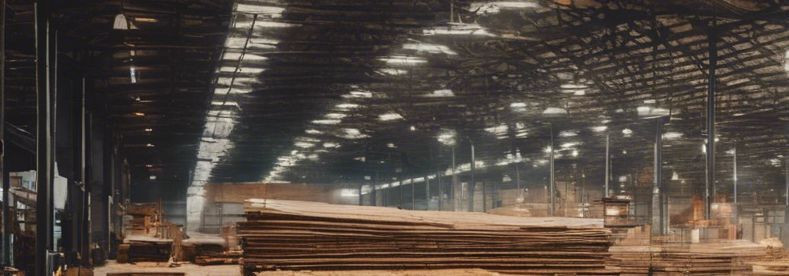- profile visits
- 164
?
PROFITIMBER OÜ: Debt and Loss of Credibility
Andmerobot
Products and services
View offers
ssb.ee
Featured Image

Sustainable timber solutions
Offering a diverse portfolio of wood products and services, with a commitment to sustainability and customer satisfaction.
Wood industry
Timber trade
Wood products
Wood processing
Timber logistics
Lumber export
Forest products
Sustainable timber
ssb.ee
Featured Image

Timber trade
Hardwood Sales
Softwood Distribution
Wholesale Lumber
Sustainable Sourcing
Seal sale
Sale of soft wood
ssb.ee
Featured Image

Wood products
Processed Lumber
Custom Woodwork
Eco-Friendly Timber
Construction Materials
ssb.ee
Featured Image

Logistics and services
Timber Logistics
Market Analysis
Quality Assurance
Regulatory Compliance
File a complaint
Choose the comment attribute that you think it contains:
You want to report an inappropriate comment.
Are you sure?
Are you sure you want to delete this article?
Check out our activities!
See also videos!
LOAD MORE
